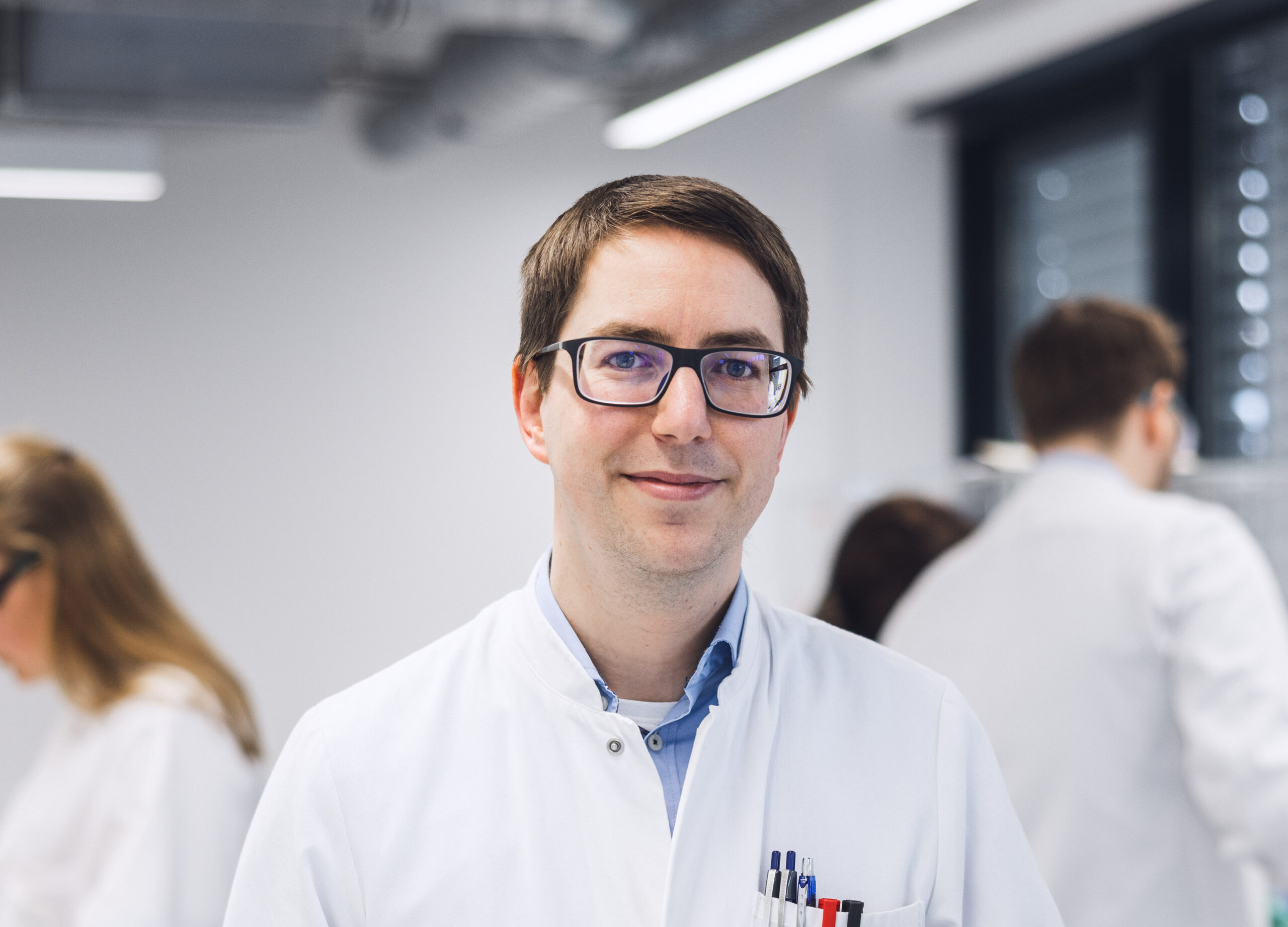Surfactant Characterization
Coriolis Pharma offers cutting-edge surfactant analytics services to ensure the quality, stability and efficacy of your biopharmaceutical products. Leveraging our scientific expertise and advanced technologies, we provide comprehensive surfactant characterization that supports formulation development, stability studies and regulatory compliance requirements.
Surfactant Characterization from the Scientific Experts
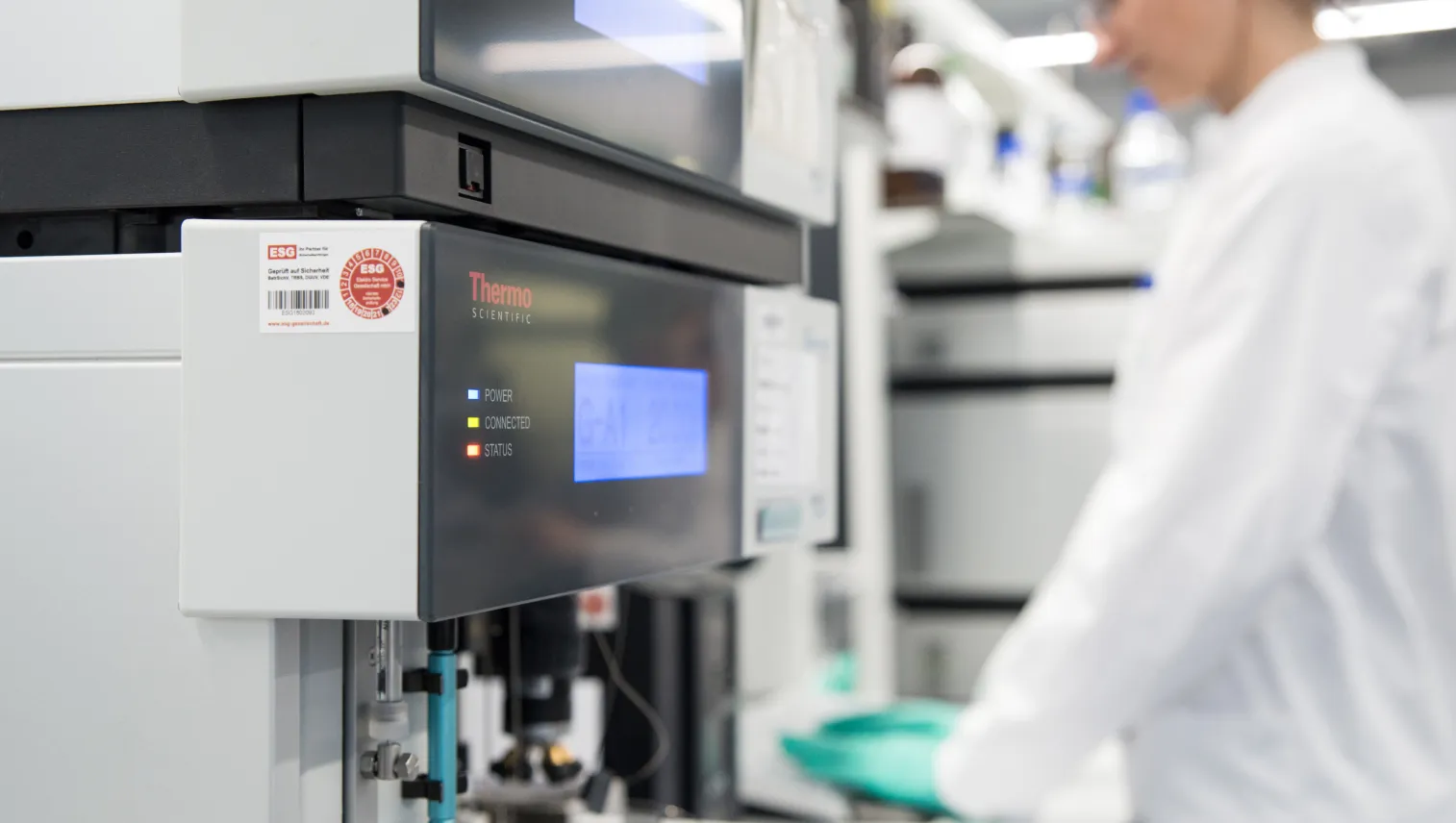
Surfactants are crucial in stabilizing biomolecules against interfacial stress and preventing adsorption. Polysorbate 20, polysorbate 80 and poloxamer 188 are the only surfactants in FDA-approved drug products for biopharmaceutical parenteral applications. While these surfactants offer significant benefits, it’s widely recognized that they, particularly polysorbates, are susceptible to degradation through hydrolysis and oxidation. (Poloxamer is highly sensitive to oxidation.) This degradation can directly impact the surfactant’s function and potentially lead to the formation of insoluble fatty acid–related particles over time, posing potential risks to the safety and efficacy of biopharmaceutical drug products.
Coriolis offers in-depth characterization of surfactants to address these challenges throughout the drug development process.
Our expert scientists analyze various aspects of surfactant formulations, including:
- Quantification of surfactant concentration
- Characterization of surfactant composition and purity
- Identification and quantification of degradation products
- Detection of impurities and particles
We can take samples at various stages of product development to test surfactant characteristics and obtain data for stability studies.
Surfactant Characterization Tailored to Your Needs
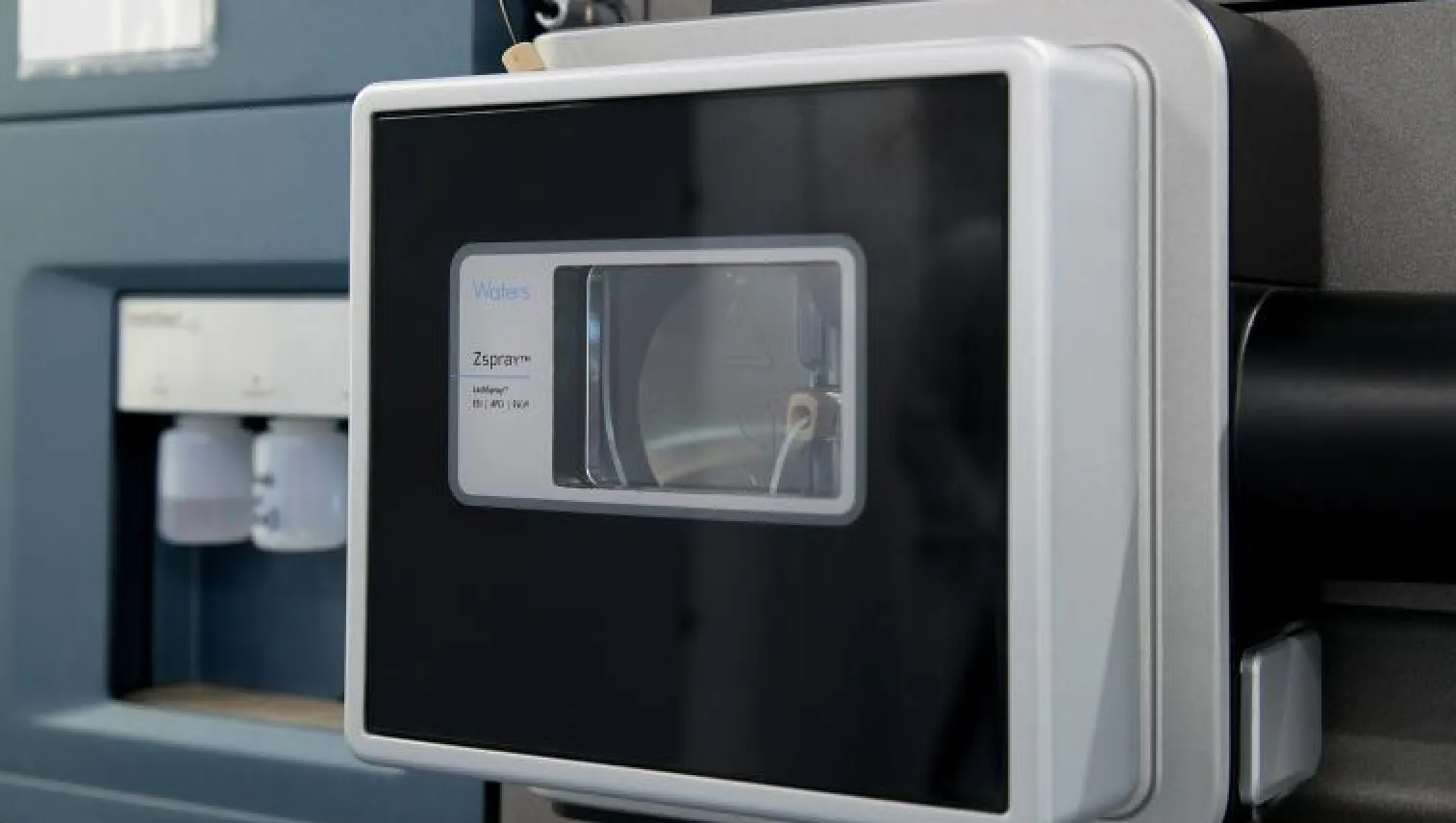
Our analytics are tailored to meet specific quality requirements for surfactants. Pharmacopeias around the world specify specific requirements for pharmaceutical-grade polysorbate 20 and 80. For example, ICH countries agree on key requirements such as impurity levels and fatty acid composition.
Coriolis has developed strong expertise and analytical capabilities for surfactant characterization, particularly for quantifying and characterizing polysorbates, poloxamers and their degradation products. We recognize the challenges in analyzing these structurally heterogeneous compounds, which often lack chromophores. To address this, we employ a range of sophisticated techniques, including derivatization with dyes and the use of universal detectors such as charged aerosol detection (CAD) or mass spectrometry (MS) in combination with liquid chromatography (LC).
We develop suitable sample preparation procedures for protein removal for chromatography-based methods, such as organic solvent precipitation or isolate surfactants using solid-phase extraction (SPE). These tailored approaches ensure accurate and comprehensive analysis of your surfactant-containing formulations. We have developed a novel two-dimensional liquid chromatography (2D-LC) approach that allows online sample preparation for protein removal and analysis of the surfactant in less than 10 minutes (for mAbs).
Our surfactant characterization services are performed under R&D and GMP conditions in dedicated labs with complete quality oversight. These services can also be applied to viruses, cells and viral vectors, and fall under biosafety level 2.
Surfactant Characterization Testing Methods
We will select the most suitable approach for your analytical challenge, whether following a standardized in-house workflow or a custom-tailored solution.
Analytical Method Development, Qualification and Validation
For common sample types, we can often apply standardized methods with little setup effort. However, when needed, our experienced analytical experts create or optimize custom methods tailored to your active pharmaceutical ingredient, product type and development phase.
Your Drug Product
Coriolis Pharma’s deep expertise across many biologic modalities, combined with input from world-leading external advisors, offers the knowledge and experience needed to solve even the most complex formulation and drug development challenges.
Your Phase
Our expert team has the expertise and experience to guide your biologics formulation development program from preclinical and early-phase development to the market.
Surfactant Characterization Resources
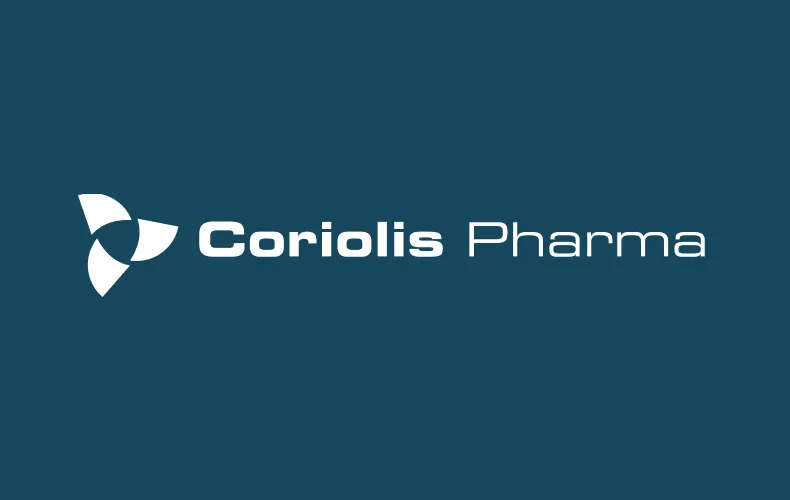
Publications
Factors Influencing Polysorbate’s Sensitivity Against Enzymatic Hydrolysis and Oxidative Degradation
January 1, 2019
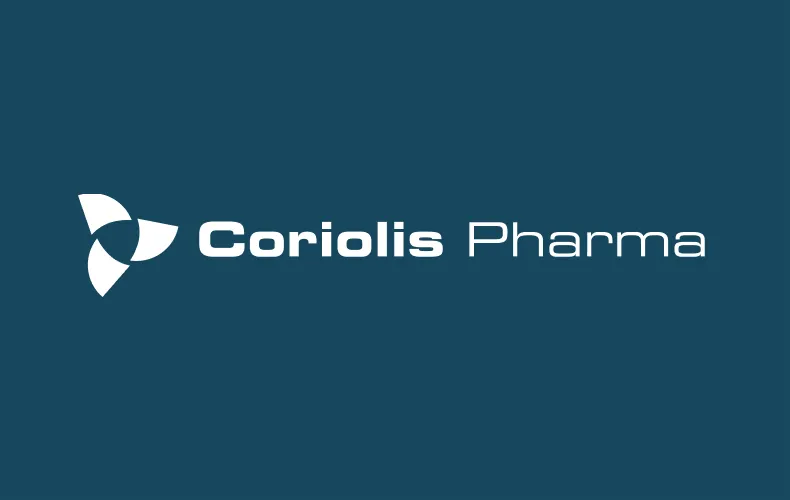
Publications
August 1, 2018
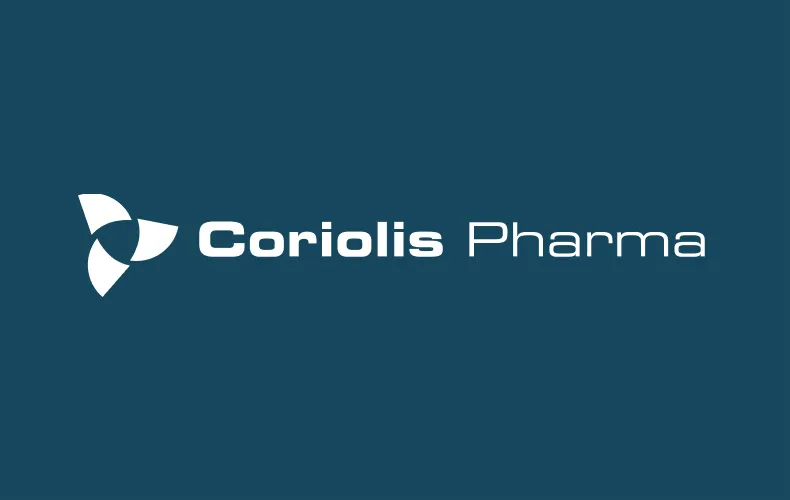
Publications
July 1, 2017

Publications
IgG1 Adsorption to Siliconized Glass Vials-Influence of pH, Ionic Strength, and Nonionic Surfactants
November 1, 2014
